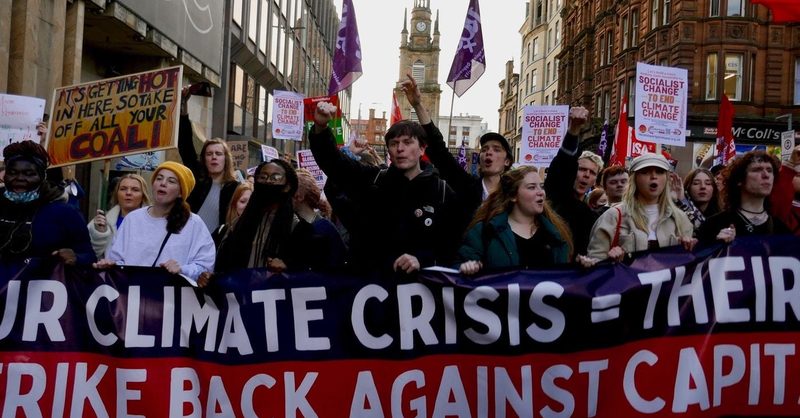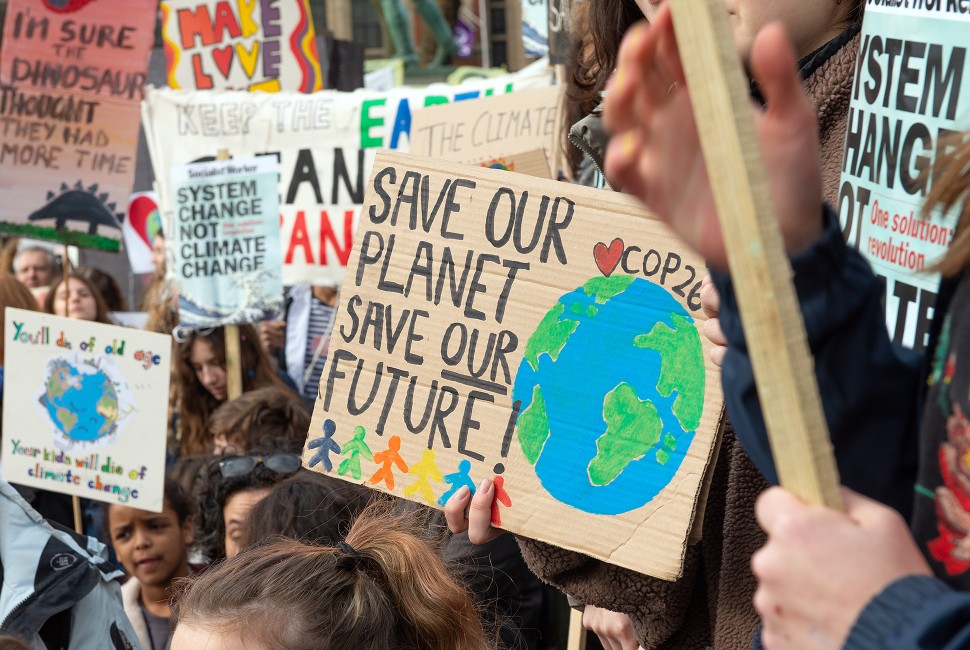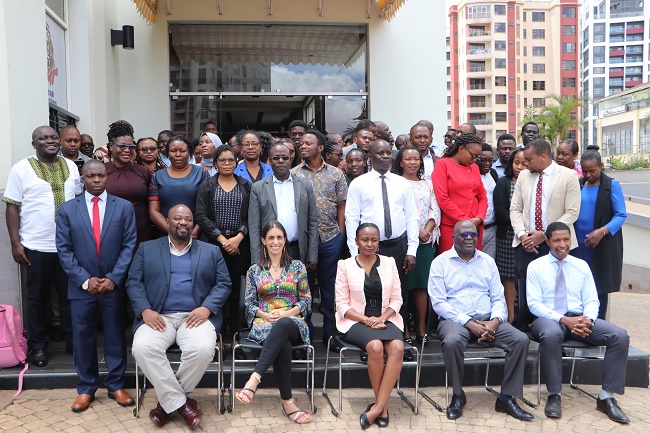Climate change is a well-established scientific fact. It refers to long-term shifts in temperature patterns and weather conditions on Earth, primarily caused by human activities, particularly the burning of fossil fuels and deforestation. The overwhelming majority of climate scientists agree that climate change is happening and that it poses significant risks to the planet and human societies.
Here are some key points to consider:
1. Scientific consensus: The Intergovernmental Panel on Climate Change (IPCC), which consists of thousands of scientists from around the world, has stated that there is a high degree of confidence that human activities are the primary drivers of the observed warming since the mid-20th century.
2. Multiple lines of evidence: Climate change is supported by multiple lines of evidence, including temperature records, melting glaciers and ice caps, rising sea levels, and changes in ecosystems and wildlife behavior. These phenomena are consistent with the predicted effects of increased greenhouse gas concentrations in the atmosphere.
3. Anthropogenic greenhouse gases: The burning of fossil fuels (coal, oil, and natural gas) releases carbon dioxide (CO2) and other greenhouse gases (such as methane) into the atmosphere. These gases trap heat and contribute to the greenhouse effect, leading to global warming.
4. Historical context: While Earth’s climate has naturally varied in the past, the current rate of global warming is unprecedented. The concentration of CO2 in the atmosphere is now higher than it has been in at least 800,000 years, largely due to human activities.
5. Impacts and risks: Climate change has significant consequences for ecosystems, weather patterns, sea levels, and human societies. It can lead to more frequent and severe extreme weather events (such as hurricanes, droughts, and heatwaves), loss of biodiversity, disruptions in agriculture, and threats to human health and well-being.
It is important to note that scientific understanding of climate change continues to evolve as new research emerges. However, the overwhelming consensus among experts is that climate change is real, primarily caused by human activities, and requires urgent action to mitigate its impacts.

Climate change is a well-documented and scientifically supported phenomenon with numerous examples that illustrate its reality. Here are a few key examples:
1. Rising global temperatures: Average global temperatures have been increasing over the past century. According to NASA and the National Oceanic and Atmospheric Administration (NOAA), 2020 tied with 2016 as the warmest year on record. The past decade (2011-2020) was the warmest recorded, highlighting the long-term trend of rising temperatures.
2. Melting ice: The melting of glaciers and ice caps around the world is a clear indicator of climate change. For example, the Arctic sea ice extent has been shrinking at an alarming rate. The extent of summer sea ice in the Arctic has declined by about 40% since the late 1970s, with some scientists predicting an ice-free Arctic during summer within decades.
3. Rising sea levels: As global temperatures rise, ice sheets and glaciers melt, contributing to rising sea levels. This poses a significant threat to coastal communities and low-lying areas. Some regions, such as the Maldives and Pacific island nations, are already experiencing the impacts of sea-level rise, including increased coastal erosion and saltwater intrusion into freshwater sources.
4. Extreme weather events: Climate change is linked to more frequent and intense extreme weather events. For instance, hurricanes and typhoons are becoming stronger, with increased rainfall and storm surge. Heatwaves are becoming more severe and prolonged, leading to health risks and stressing ecosystems. Droughts are becoming more frequent in some regions, affecting agriculture and water supplies.
5. Shifts in ecosystems and species behavior: Climate change is causing shifts in ecosystems and the behavior of plant and animal species. Many species are experiencing changes in migration patterns, breeding seasons, and habitats as they adapt to changing environmental conditions. Coral reefs, for example, are being threatened by rising ocean temperatures, leading to coral bleaching and ecosystem degradation.
These examples, among many others, provide tangible evidence of climate change and its impacts on the planet. The scientific consensus is clear that human activities, particularly the burning of fossil fuels and deforestation, are the primary drivers of these changes. Addressing climate change requires collective action to reduce greenhouse gas emissions, transition to clean and renewable energy sources, and promote sustainable practices.
By Dare Akogun





